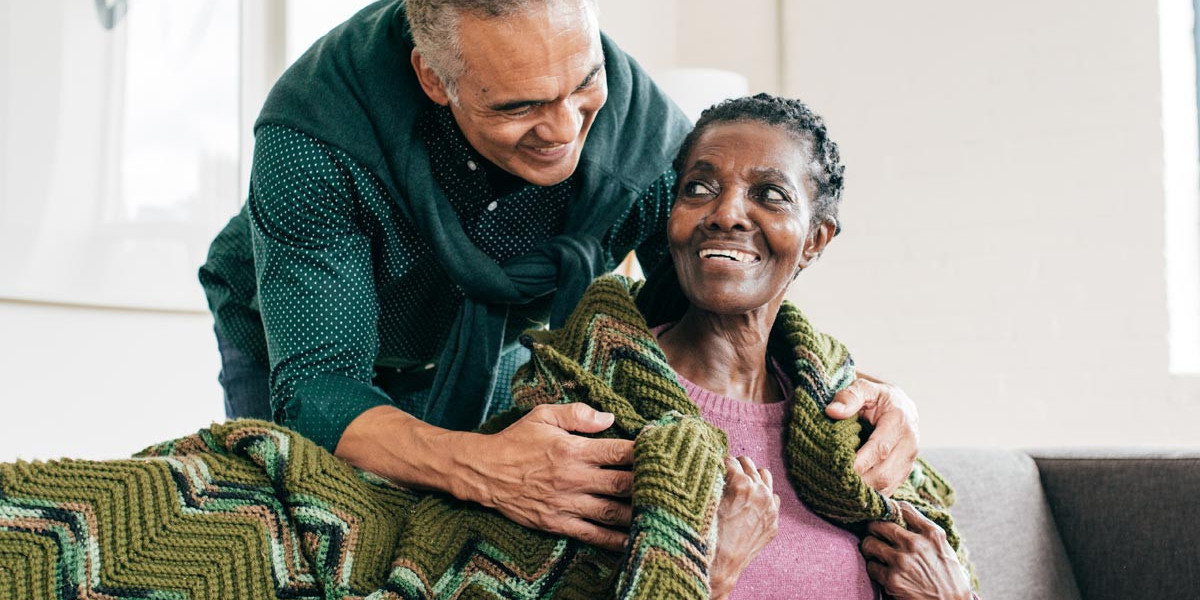Providing dementia care at home allows families to offer a familiar and comforting environment while ensuring their loved ones remain safe and supported. Home-based dementia care focuses on creating a structured, secure, and nurturing setting tailored to the individual’s needs.
Creating a Safe Home Environment
Ensuring the home environment is safe is the first step in Dementia Care at home Dubai. Families can make small adjustments to minimize risks and prevent accidents. Removing tripping hazards, securing sharp objects, and using non-slip mats in areas prone to moisture can help create a secure environment. Clear pathways and adequate lighting in hallways and staircases reduce the chance of falls. Familiar surroundings with recognizable items can help reduce confusion and anxiety, making daily life smoother and more predictable.
Structured Daily Routine
A structured daily routine is essential for individuals living with dementia. Consistent meal times, regular rest periods, and scheduled activities create a sense of stability and reduce stress. Predictable routines can also minimize agitation and disorientation, helping loved ones feel more in control. Gentle reminders and visual cues, such as calendars or notes, support memory and independence while maintaining safety.
Personalized Support and Supervision
Providing personalized support ensures that the individual’s unique needs are addressed. Caregivers at home can monitor health, provide assistance with personal care, and offer companionship throughout the day. Supervision helps prevent wandering, accidental injuries, or situations that could lead to harm. Close attention to behavior and mood changes allows caregivers to respond quickly and appropriately to any emerging concerns.
Emotional Wellbeing and Comfort
Emotional wellbeing plays a crucial role in dementia care at home. A supportive environment that fosters trust, patience, and understanding can reduce anxiety and agitation. Engaging in familiar activities, such as listening to favorite music or looking through photo albums, provides comfort and reassurance. Positive interactions help maintain emotional balance and contribute to a sense of security.
Communication and Understanding
Effective communication is key when caring for someone with dementia. Using simple language, speaking slowly, and maintaining eye contact enhances understanding. Nonverbal cues, gestures, and facial expressions can also help convey messages clearly. Listening patiently and acknowledging emotions helps strengthen trust and reduces frustration. Tailoring communication methods to the individual’s abilities supports safety and wellbeing.
Monitoring Health and Safety
Regular monitoring of physical and mental health is essential for home dementia care. Observing changes in appetite, sleep patterns, or mobility can provide early signs of potential issues. Caregivers can implement safety measures such as emergency response plans, fall prevention strategies, and secure areas for wandering tendencies. Keeping track of daily activities and behaviors ensures prompt attention to any concerns and enhances overall safety.
Encouraging Independence Safely
Maintaining independence is important for dignity and self-esteem. Caregivers can encourage participation in daily tasks while providing supervision to ensure safety. Simple household chores, personal grooming, and recreational activities can be adapted to match the individual’s abilities. Supporting independence in a safe manner promotes confidence and preserves a sense of purpose.
Social Engagement at Home
Social interaction plays a vital role in cognitive and emotional health. Engaging loved ones in conversation, games, or shared activities keeps the mind active and reduces feelings of isolation. Structured visits with family members or friends in a safe home setting offer companionship without overwhelming the individual. Social engagement also helps maintain a connection to the outside world, providing emotional fulfillment.
Handling Wandering and Restlessness
Wandering and restlessness are common challenges in dementia care. Caregivers can implement strategies to keep loved ones safe, such as secure locks, alarms, and designated walking paths indoors. Providing activities that occupy the mind and body can reduce restlessness. Calmly redirecting attention and using reassuring communication techniques helps manage agitation while maintaining a safe environment.
Supporting Daily Living Skills
Assistance with daily living skills ensures comfort and safety. Caregivers can help with dressing, bathing, and eating while respecting the individual’s preferences. Step-by-step guidance and encouragement maintain a sense of autonomy. Adjusting the level of support as abilities change ensures that loved ones remain engaged without unnecessary dependence.
Recognizing Behavioral Changes
Behavioral changes, such as aggression, confusion, or withdrawal, can indicate unmet needs or discomfort. Home caregivers can identify triggers and implement calming strategies. Maintaining a consistent routine, offering reassurance, and providing familiar surroundings helps manage challenging behaviors. Recognizing these changes early allows for timely interventions and contributes to overall safety.
Creating a Calm and Predictable Atmosphere
A calm and predictable home environment reduces stress and promotes safety. Minimizing loud noises, clutter, and sudden changes supports emotional stability. Gentle lighting, comfortable furniture, and familiar scents can make spaces more inviting. Consistency in daily activities and interactions fosters a sense of control and reduces anxiety.
Family Involvement and Communication
Dementia Care at home in Dubai, involving family members in care strengthens emotional support and safety. Sharing observations, discussing concerns, and participating in activities creates a collaborative approach. Open communication ensures that everyone is aware of safety measures and care strategies. Families can also provide emotional comfort, helping loved ones feel secure and valued.
FAQs
What are the key safety measures in dementia care at home?
Safety measures include removing hazards, providing proper lighting, securing dangerous items, implementing fall prevention strategies, and creating secure areas for wandering. Consistent supervision and emergency planning are also important.
How can caregivers support independence while ensuring safety?
Caregivers can encourage participation in daily tasks while providing guidance and supervision. Adapting activities to the individual’s abilities and offering step-by-step assistance promotes independence safely.
What role does routine play in home dementia care?
A structured routine creates stability, reduces confusion, and minimizes anxiety. Predictable schedules for meals, rest, and activities help loved ones feel secure and maintain cognitive function.
How can emotional wellbeing be supported at home?
Engaging in familiar activities, offering reassurance, and maintaining a calm and consistent environment supports emotional wellbeing. Positive social interactions and gentle communication enhance comfort and security.
How can caregivers manage wandering and restlessness?
Strategies include creating secure walking areas, using alarms or locks, providing mentally and physically engaging activities, and redirecting attention calmly. Maintaining a safe environment reduces risk while addressing restlessness effectively.













